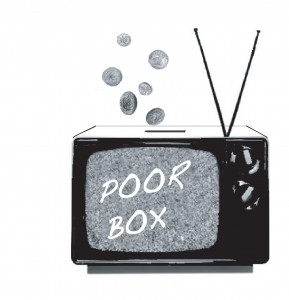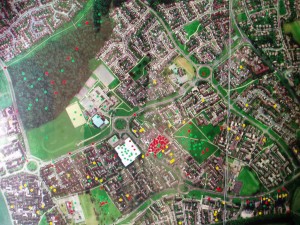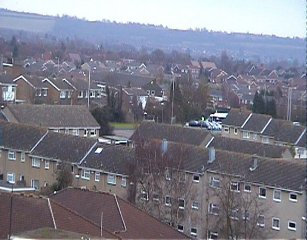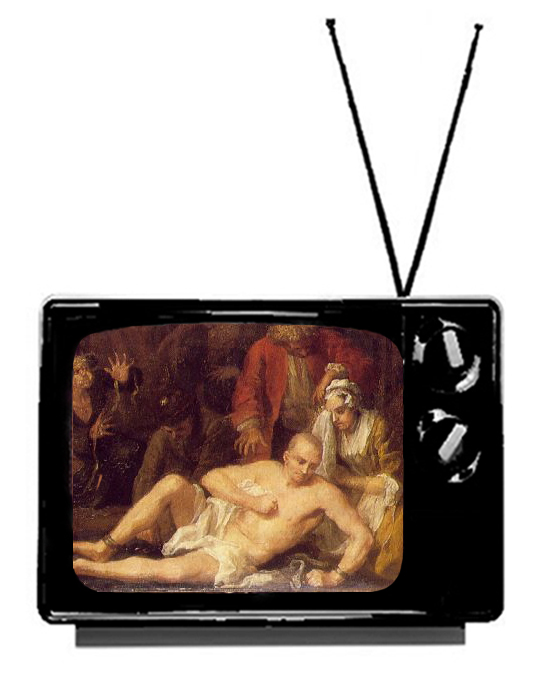Poverty in the Media – Commissioning Priorities
Poverty is a problem faced by both individuals and society.
Societies commentators are an exclusive group, selected via a hierarchy and instated within a system, how representative can their voice be of the individuals who, because of the restrictions of their experience, do not rise through this?
The stories that find there way into the mass media produce a profound impact on the public subconscious; all mediated by the editorial chain, with whom the conditions are set and must be met to be accepted. The commissioning editors of both BBC and Channel 4 documentaries present similar priorities in their commissioning guidelines: Their requests come in loaded language – requesting proposals to match.
Hamish Mykura, Head of Documentaries for More 4 lists ‘harrowing’ ‘obsessed’ ‘extreme’ and ‘compelling’ in the descriptions for previous successes, the titles of which are equally charged (Eight Minutes to Disaster, Killer in a Small Town).
Alternatively, there is a focus on the ‘cheeky’ (BBC3) or the BBC4 equivalent ‘witty’, with both seeking ‘onscreen talent’ just as Channel 4 emphasises ‘presenter-led’ documentaries; encouraging programmes that are less focused on informative or critical worth and more (as requested by BBC3) the ‘entertainment values in their DNA’.
None of these criteria are detrimental in themselves but with this blanket approach to issue based programming, there is an obvious conflict of interests, the end point of which is arrived upon by Mark Raphael.
“I want to make ‘Risk Taking’ films that shed light on subjects we thought we already knew. ‘Provocative’ films that stir controversy, and ‘Popular’ films that thrill and excite large audiences.”
Mass appeal and commercial viability, are not criteria that encourage varied and responsible reporting. Industry checks may happen but if the material never leaves this sphere, pre-public release, there can be no dialogue. Fact checking, largely to avoid any potential legal repercussion, only happens to concrete information, not implication and is far more perceptible in specific rather than abstract cases. Where backlash does happen, it tends to pass more quietly than the impact of the broadcast programme.
When RDF went head to head with the Queen (A Year with the Queen, BBC, 2007) the BBC placed all blame with RDF, whose misleading editing meant producer, Stephen Lambert’s, head rolled. Now he’s back (as Studio Lambert) with Benefit Busters and RDF are free to continue with programmes, Wife Swap and The Secret Millionaire. It is not the representation, but the victim and resource with which they can respond, that affects the reaction – but the personal harm and perceptual effect is no less dramatic for those without recourse.
The power the media wields in propagating and reinforcing hegemonic ideals has long been recognised: The veil of entertainment and pretext that responding to audience choice, removes the onus from the media, only highlights the need for institutional change.
This is just one of the issues that Spectacle’s ‘Poverty and Participation in the Media’ project seeks to address; finding alternatives, opening up discussion and challenging what is seen to be the authoritative voice. The project was commissioned as part of the Joseph Rowntree Foundation’s ‘Public Interest in Poverty Issues’ campaign, and project content can be viewed online at:
www.spectacle.co.uk/poverty-and-the-media







